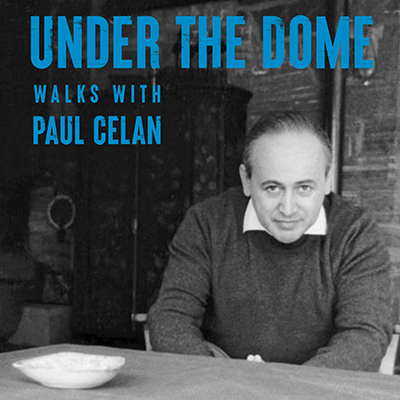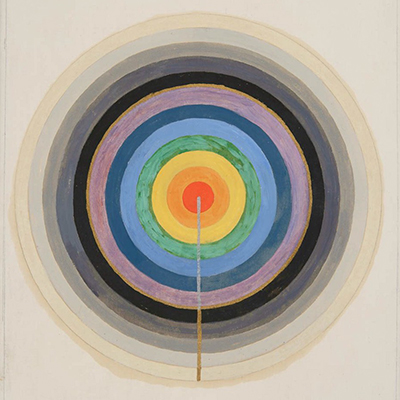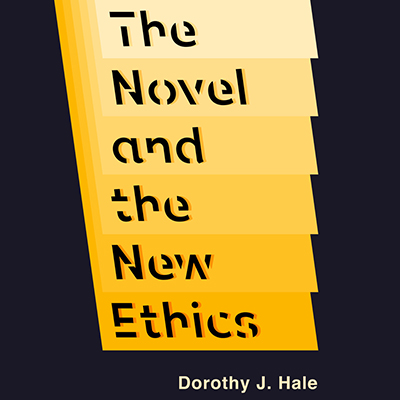Anneka Lenssen explores how artists developed new kinds of painting as a means to agitate against the imposed identities and intersubjective relations that accompanied the making of modern Syria.
The pandemic has underscored the need to attend to the life of the spirit. Berkeley faculty members explore the shifting role of spirituality and its relationship to art.
Placing Remembrance of Things Past within a complex philosophical and aesthetic context, Suzanne Guerlac approaches Proust’s novel as a text whose true subject is the adventure of living in time.
Katrina Dodson, winner of the 2016 PEN Translation Prize, reflects on why there is no such thing as a perfect translation, and why the work of translating requires inhabiting other worlds.
Joy Harjo in Conversation
Joy Harjo, the 2020-21 Avenali Chair in the Humanities, discusses her signature project as US Poet Laureate, which maps and documents the work of contemporary Native poets.
Joy Harjo is the 23rd US Poet Laureate, and the first Native American to hold the position. She is joined in conversation by poet Craig Santos Perez to discuss her literary antecedents and pathbreaking editorial work.
After Charlie Parker
A panel of musicians and cultural critics considers the work of revolutionary jazz saxophonist Charlie Parker.
Under the Dome: Walks with Paul Celan by Jean Daive
In their introduction to the English translation of Jean Daive’s memoir, Robert Kaufman and Philip Gerard provide critical, historical, and cultural context for Daive's account of his friendship with the German-language poet Paul Celan.
Hannah Ginsborg, Ken Goldberg, and David Marno explore how the technological and social shifts of the COVID era have changed the ways in which we pay attention.
A generation of contemporary Anglo-American novelists has championed the ethical value of literature. Dorothy Hale explores the modernist roots of this “new” emphasis on the novel’s ethical significance.









